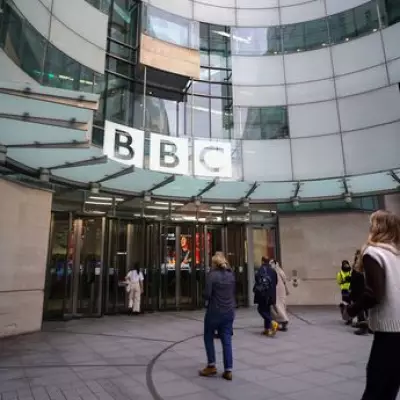
Millions of state pensioners across Britain are facing an unexpected financial blow as the Department for Work and Pensions confirms they'll be required to pay income tax for the first time following April's significant payment increase.
The Frozen Threshold Trap
The core issue lies in the collision between rising state pension values and the government's decision to freeze income tax thresholds until 2028. While pensioners welcomed the 8.5% boost to their weekly payments, many didn't anticipate the tax consequences that would follow.
Nearly nine million pensioners are now expected to become taxpayers as their state pension income alone threatens to breach the £12,570 Personal Allowance threshold. The full new state pension will reach £11,502 annually from April, leaving recipients with less than £1,100 of tax-free allowance for any additional income.
How HMRC Plans to Recover the Tax
For those receiving the state pension as their sole income, the tax collection process will work differently than for employed individuals:
- HMRC will issue tax demands directly to affected pensioners
- Payments can be spread across the following tax year through adjustments to tax codes
- Alternatively, pensioners can choose to make direct payments to settle their tax bill
The Numbers Behind the Squeeze
The scale of this financial impact is staggering. Analysis reveals that a single pensioner with a full new state pension and modest additional income of just £3,000 could face an annual tax bill approaching £600. With inflation still affecting household budgets, this additional burden comes at the worst possible time for many retirees.
"This creates a perfect storm for pensioners who believed they were getting a much-needed boost, only to discover they'll be giving a significant portion back to the treasury," explained one financial analyst.
What This Means for You
If your total annual income, including state pension and any other sources, exceeds £12,570 from April 2024, you'll likely need to complete a self-assessment tax return. The DWP advises all pensioners to review their expected total income for the coming tax year and prepare for potential tax liabilities.
With the freeze on tax allowances continuing for four more years, this situation is set to affect increasing numbers of pensioners each year, creating what critics are calling a "stealth tax on the elderly" during an ongoing cost of living crisis.





